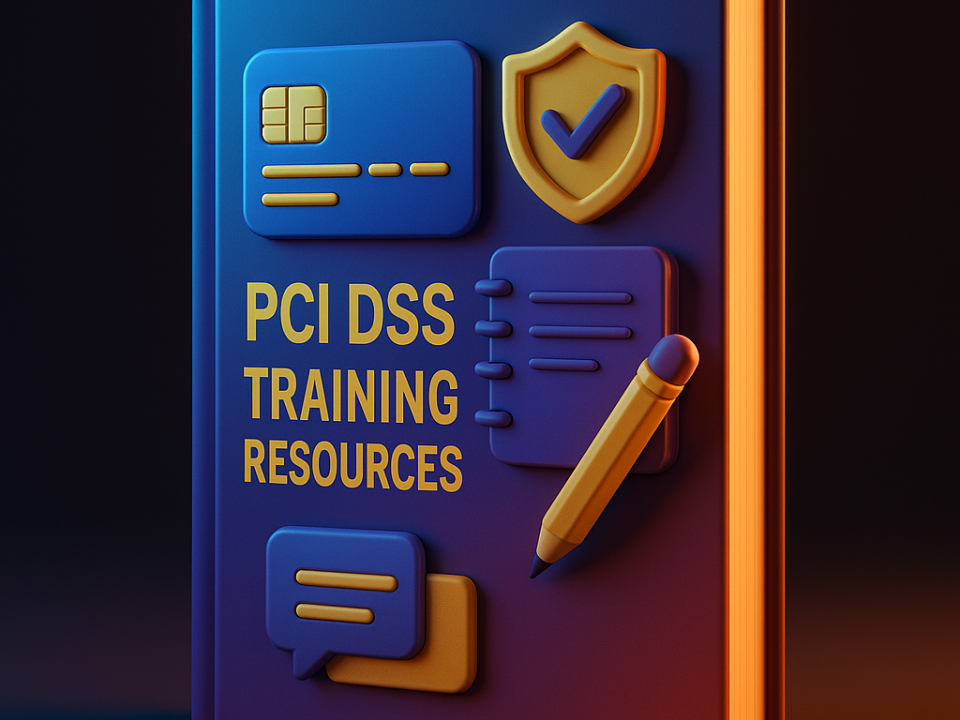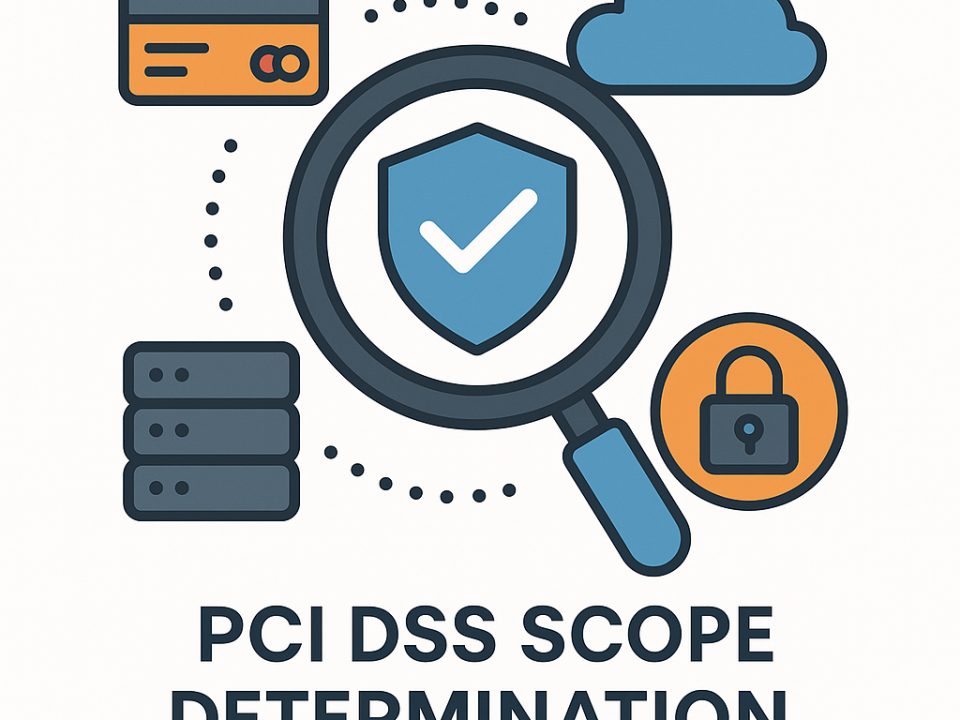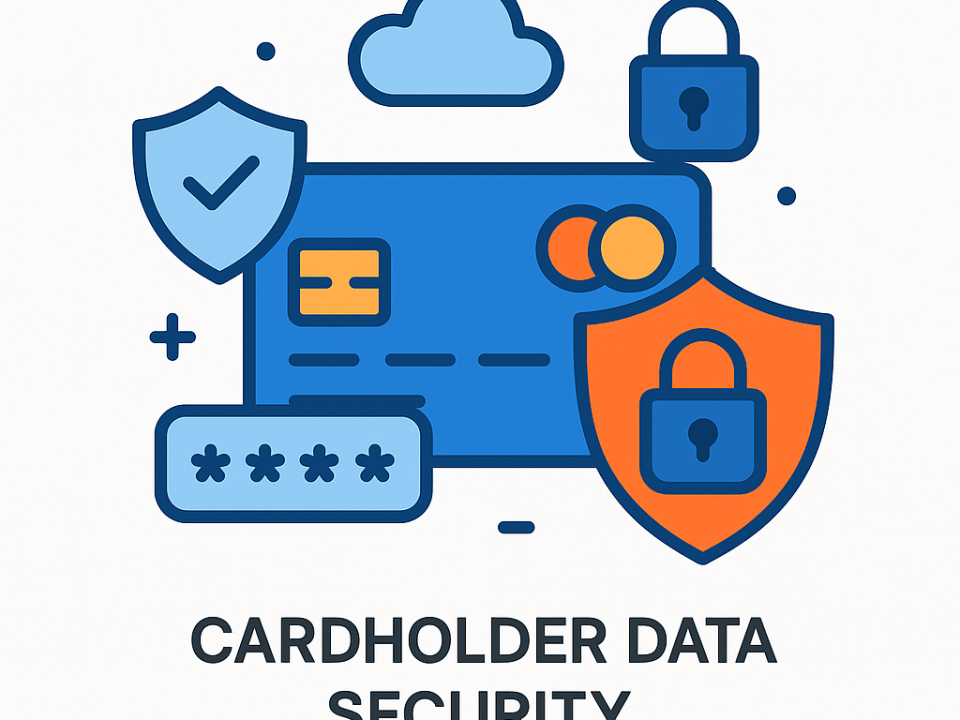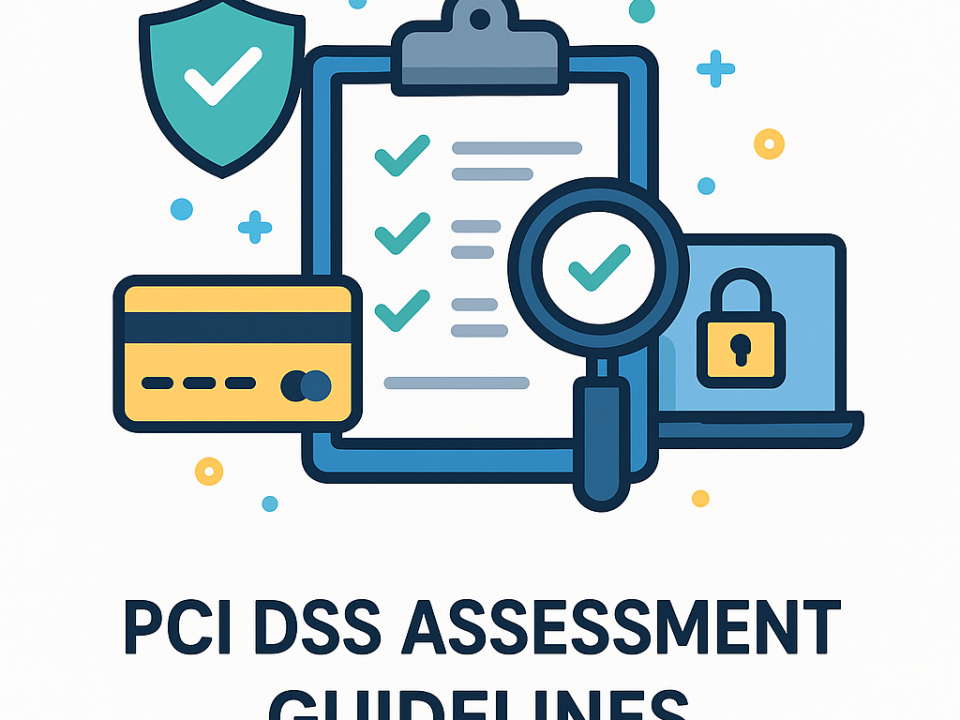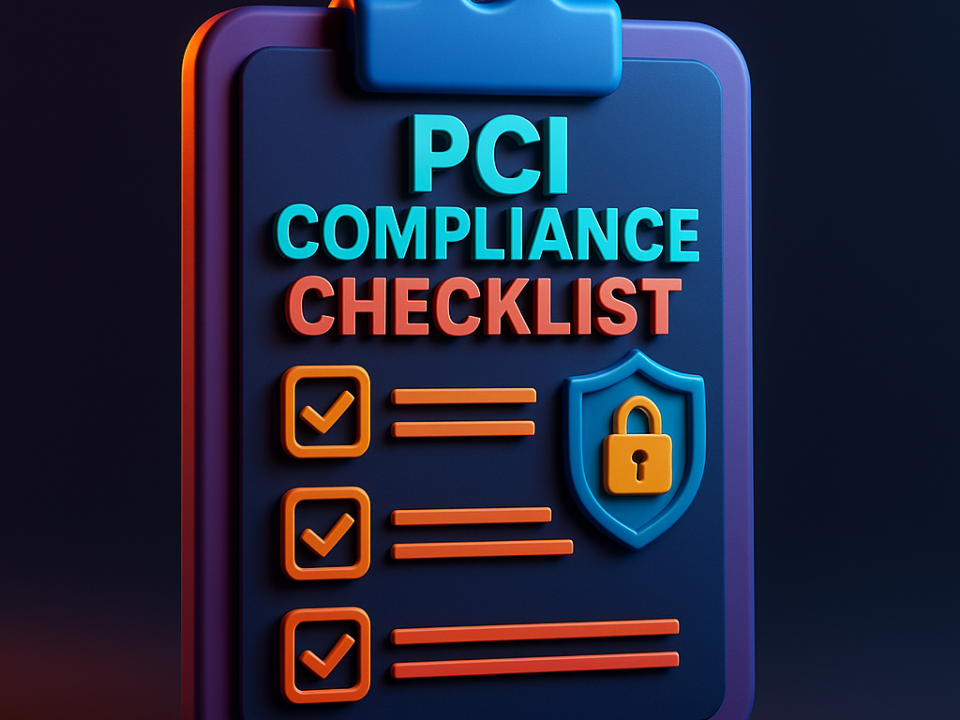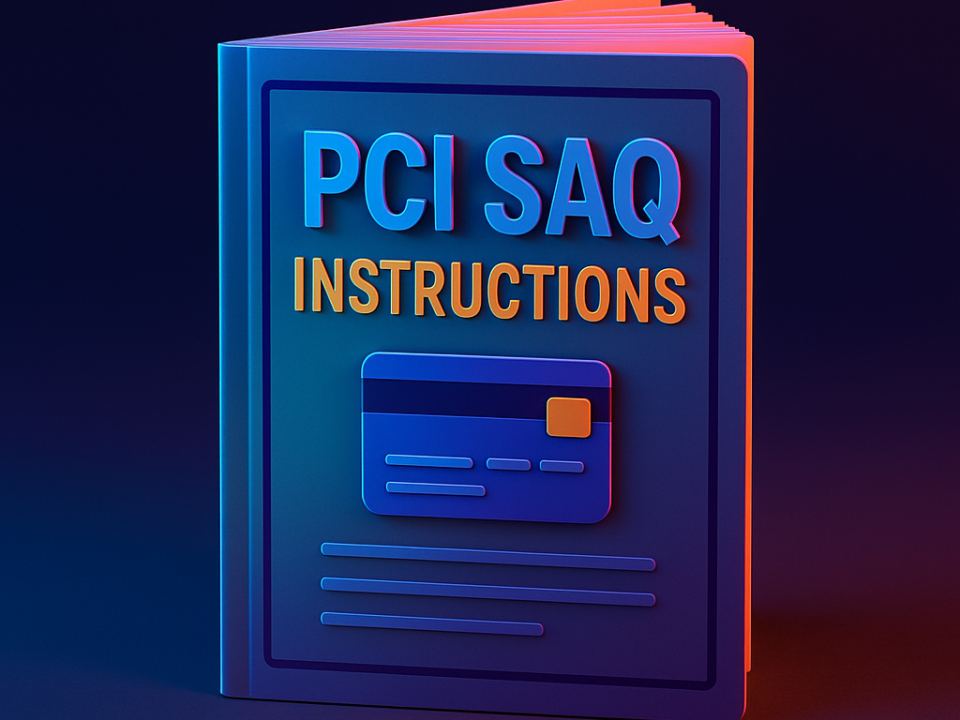Adaptive Strategies for PCI DSS Implementation in Remote Staffing Environments
June 12, 2025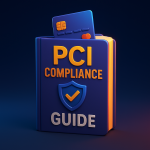
Unlocking Advanced PCI Compliance Strategies for Remote Cybersecurity Staffing
June 12, 2025The Risk Management Framework (RMF) under PCI DSS 4.0 has emerged as an essential yet often underexplored aspect of compliance. This framework guides organizations in assessing risks connected to payment card data, reinforcing the need for security experts to proactively identify and mitigate potential vulnerabilities.
Understanding this framework is critical for cybersecurity experts, IT professionals, and managers aiming to enhance their organizational security posture. It aligns seamlessly with CisoGrid’s mission of providing effective cybersecurity remote staffing solutions by equipping professionals with the knowledge necessary to navigate evolving compliance requirements.
Understanding the Risk Management Framework in PCI DSS 4.0
The RMF requires organizations to establish a structured approach to identifying and managing risks associated with payment card data. This entails a layered methodology where organizations assess their unique risk landscape, allowing for more targeted security measures.
- Identification of critical assets related to cardholder data.
- Assessment of potential threats and vulnerabilities.
- Implementation of tailored risk mitigation strategies.
- Ongoing monitoring and reassessment of risks.
Advanced Mechanisms for Risk Assessment
One key element of the RMF is the incorporation of advanced mechanisms for risk assessment. By leveraging data analytics and threat intelligence, organizations can transition from traditional compliance checks to dynamic risk assessment methodologies.
- Use of behavioral analytics to detect anomalies in payment processing.
- Deployment of machine learning algorithms for predictive threat intelligence.
- Real-time monitoring systems for immediate detection of breaches.
Case Study: Implementing RMF in Action
Examining a case study of a retail organization that implemented the RMF offers valuable insights. By conducting a comprehensive risk assessment, they were able to pinpoint vulnerabilities and subsequently address them prior to a potential breach.
- Reduction in security incidents by 30% within the first year.
- Increased employee awareness through targeted training programs.
- Strengthened vendor relationships by ensuring shared security standards.
Data-Driven Insights on Compliance and Risk Mitigation
Recent research highlights a direct correlation between effective risk management practices and compliance success rates. Organizations that adopt robust risk assessment frameworks witness fewer compliance violations and enhance their overall security posture.
- 80% of organizations report higher compliance ratings after implementing effective RMF.
- Increased organizational resilience, mitigating potential financial losses.
- Fine-tuned security controls that protect against evolving threats.
Future Trends in PCI DSS Compliance
The future of PCI DSS compliance is geared towards continuous improvement and adaptive security frameworks. Innovations such as AI and blockchain are anticipated to play a significant role in enhancing the RMF by automating risk assessments and bolstering transaction security.
- Integration of AI-driven insights for proactive risk management.
- Blockchain technology to enhance data integrity and transparency.
- Regular updates to compliance requirements reflecting emerging threats.
In summary, understanding and implementing the Risk Management Framework of PCI DSS 4.0 is of strategic importance for organizations aiming to fortify their cybersecurity measures. CisoGrid—“Cybersecurity Remote Staffing”—invites cybersecurity professionals and IT managers to deepen their knowledge and apply these advanced insights to elevate their organization’s compliance standing and security resilience.


